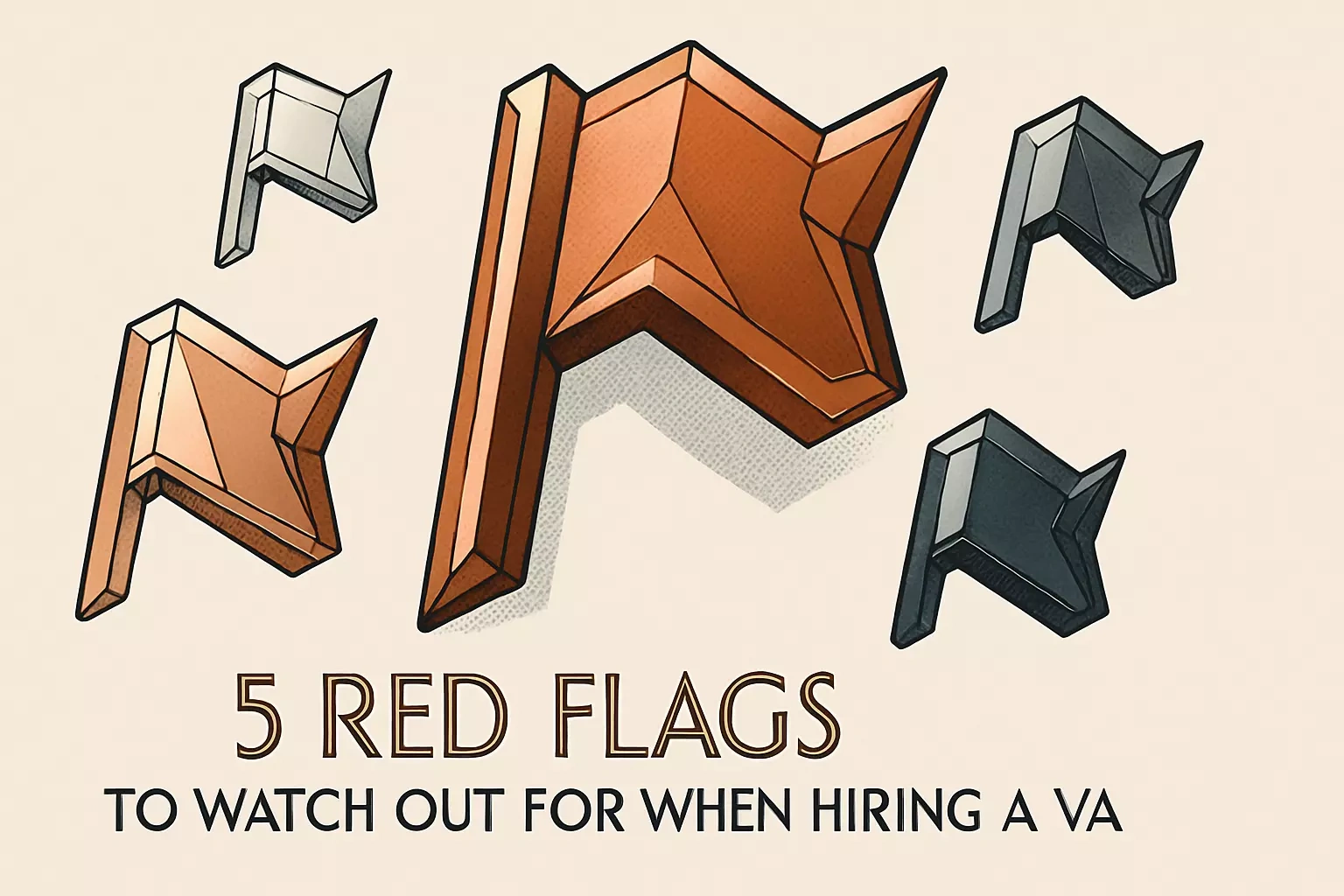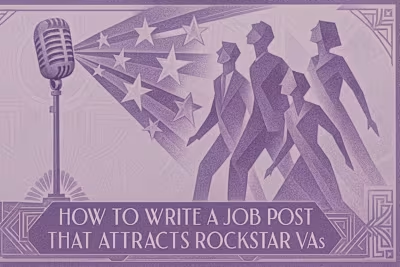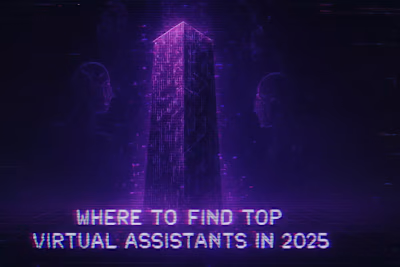5 Red Flags to Watch Out for When Hiring a VA

5 Red Flags to Watch Out for When Hiring a VA
Red Flag 1: Poor or Inconsistent Communication
Slow Response Times
Vague or Unclear Answers
Red Flag 2: Lack of a Professional Online Presence
No Portfolio or References
Unprofessional Conduct During the Interview
Red Flag 3: Inability to Follow Instructions
Ignoring Application Instructions
Not Asking Clarifying Questions
Red Flag 4: Unclear or Inflexible Pricing
Pricing That's Too Good to Be True
No Formal Agreement or Contract
Red Flag 5: Overpromising and Unrealistic Availability
Guaranteeing 24/7 Availability
A 'Yes Man' Attitude
Conclusion
References
5 Red Flags to Watch Out for When Hiring a VA
Red Flag 1: Poor or Inconsistent Communication
Slow Response Times
Vague or Unclear Answers
Red Flag 2: Lack of a Professional Online Presence
No Portfolio or References
Unprofessional Conduct During the Interview
Red Flag 3: Inability to Follow Instructions
Ignoring Application Instructions
Not Asking Clarifying Questions
Red Flag 4: Unclear or Inflexible Pricing
Pricing That's Too Good to Be True
No Formal Agreement or Contract
Red Flag 5: Overpromising and Unrealistic Availability
Guaranteeing 24/7 Availability
A 'Yes Man' Attitude
Conclusion
References
Posted Jun 30, 2025
Avoid costly hiring mistakes. Learn the 5 critical red flags to spot when hiring a virtual assistant, from poor communication to unclear pricing.









